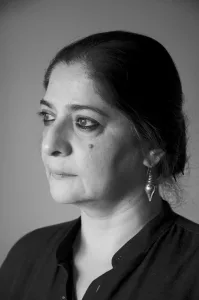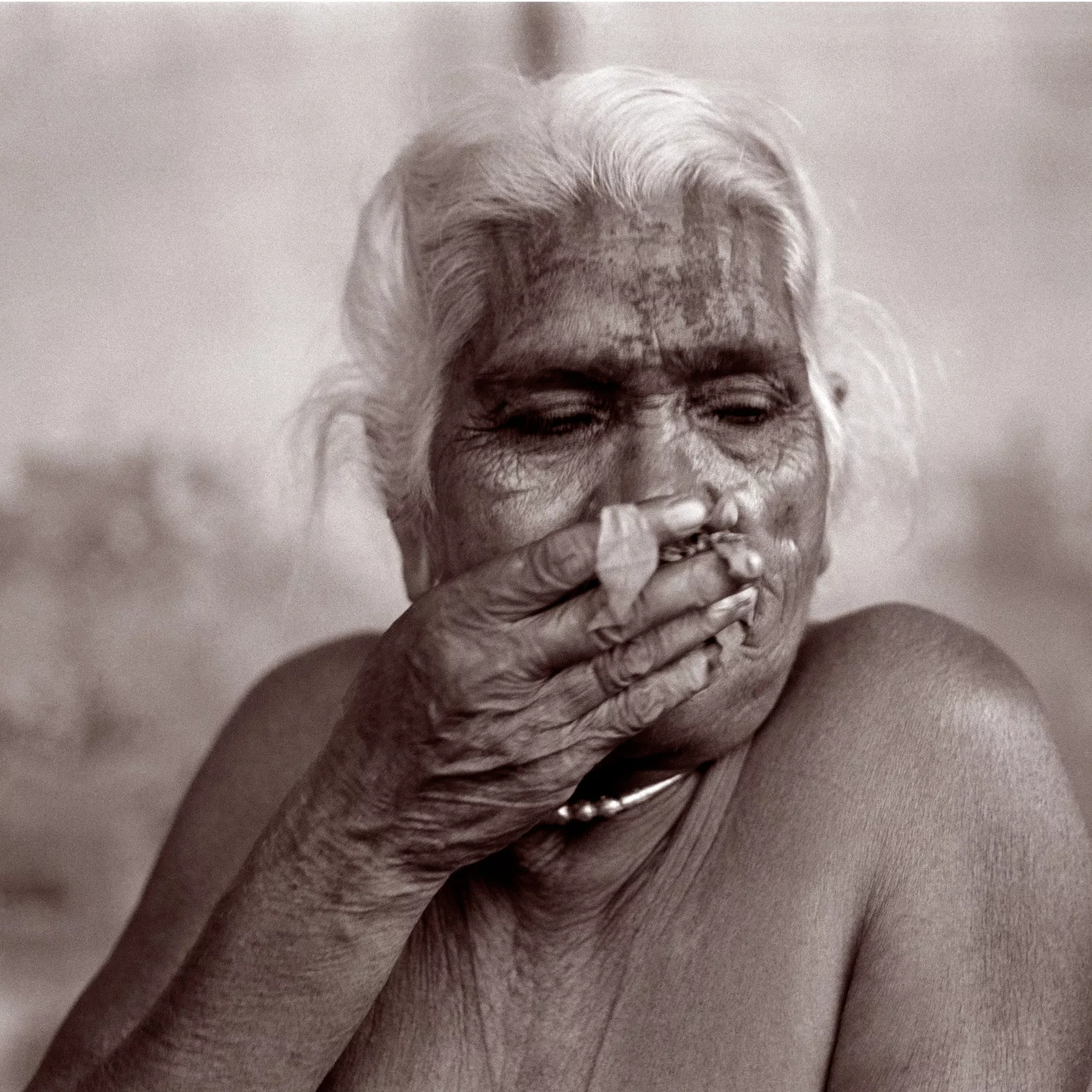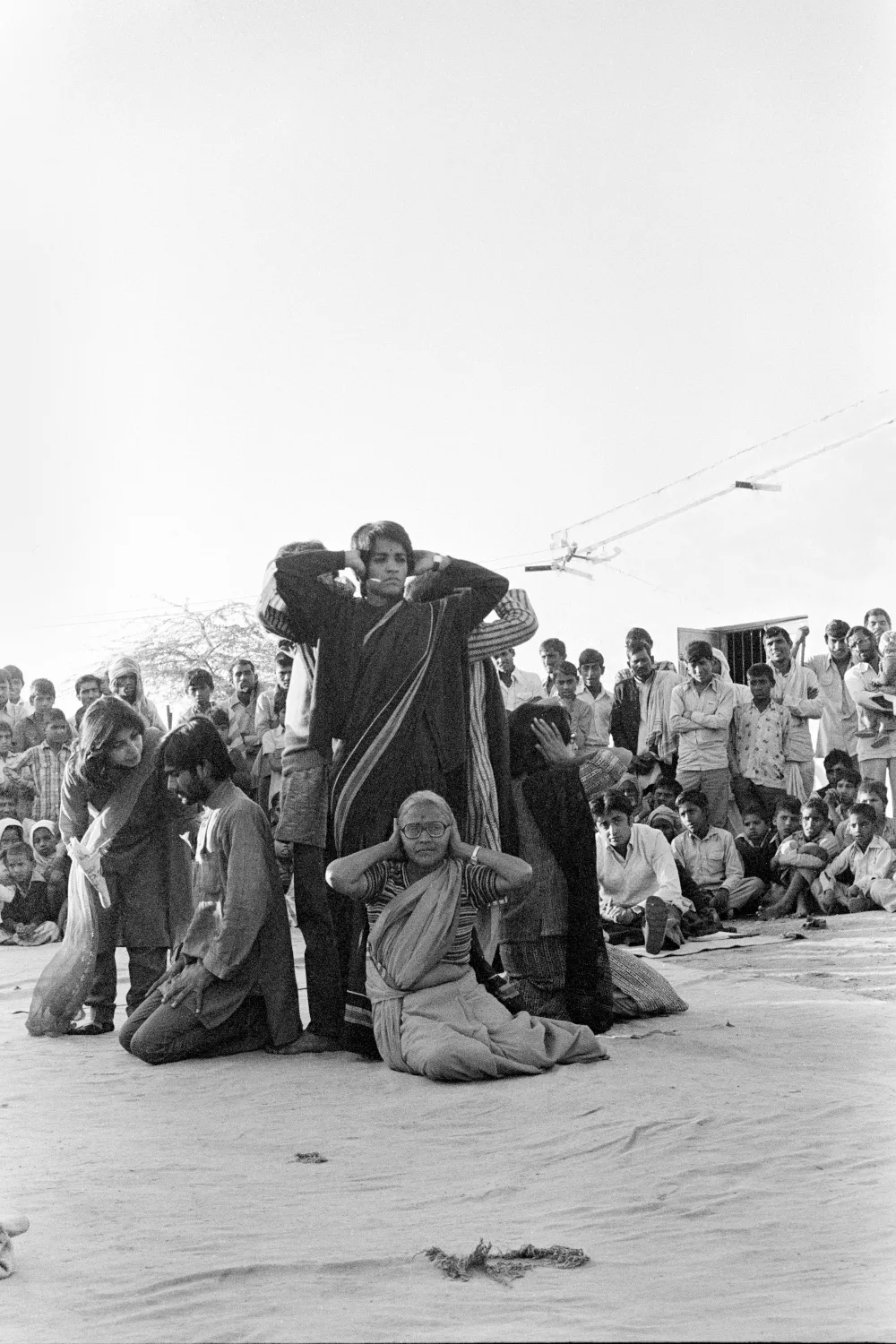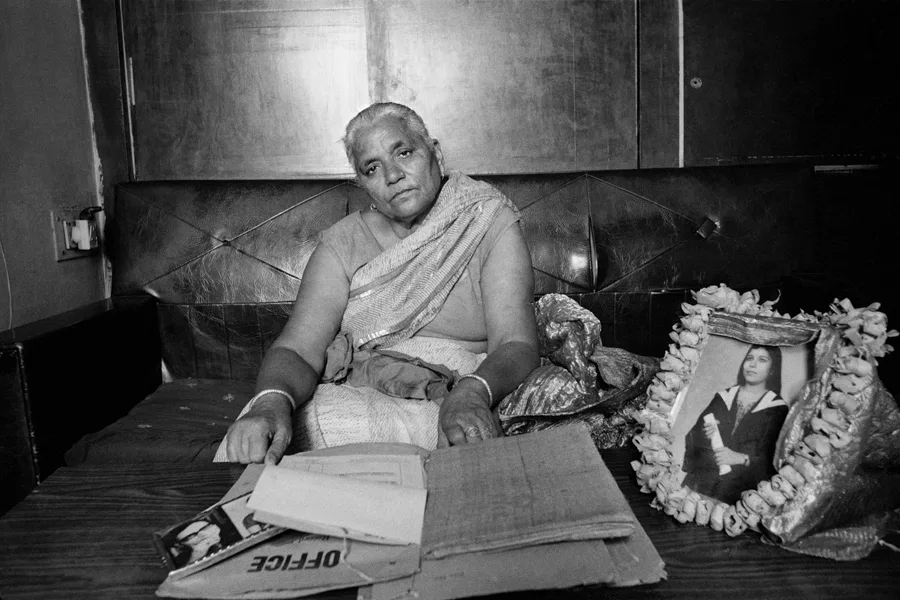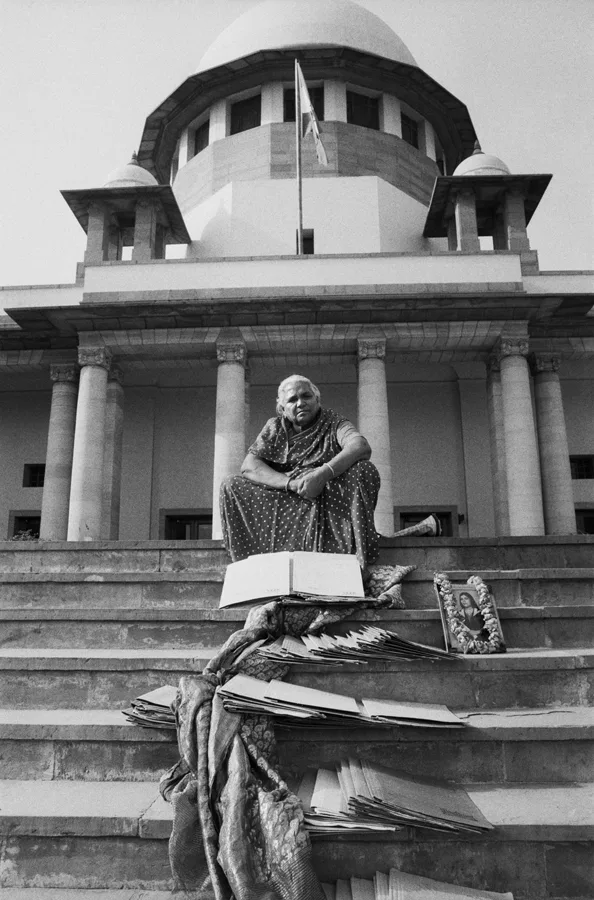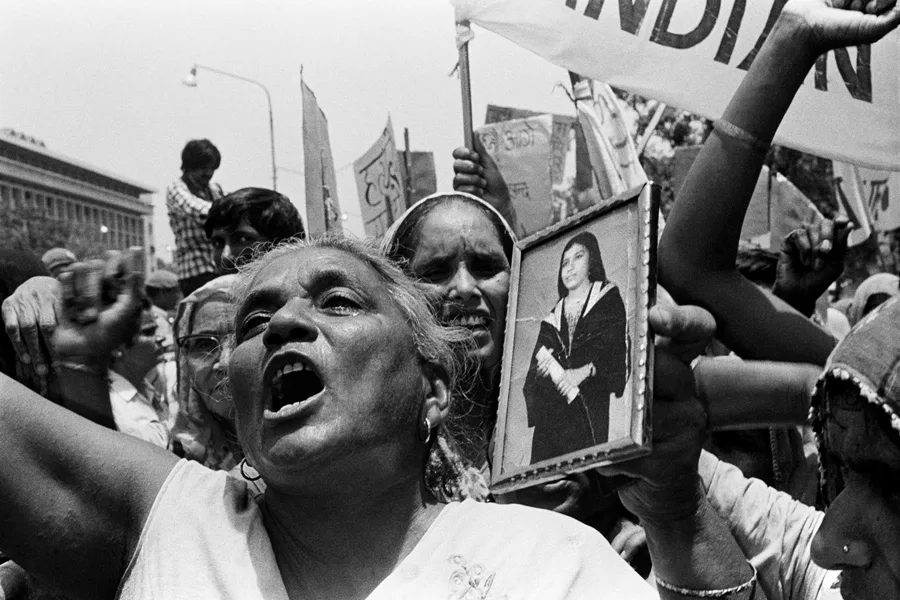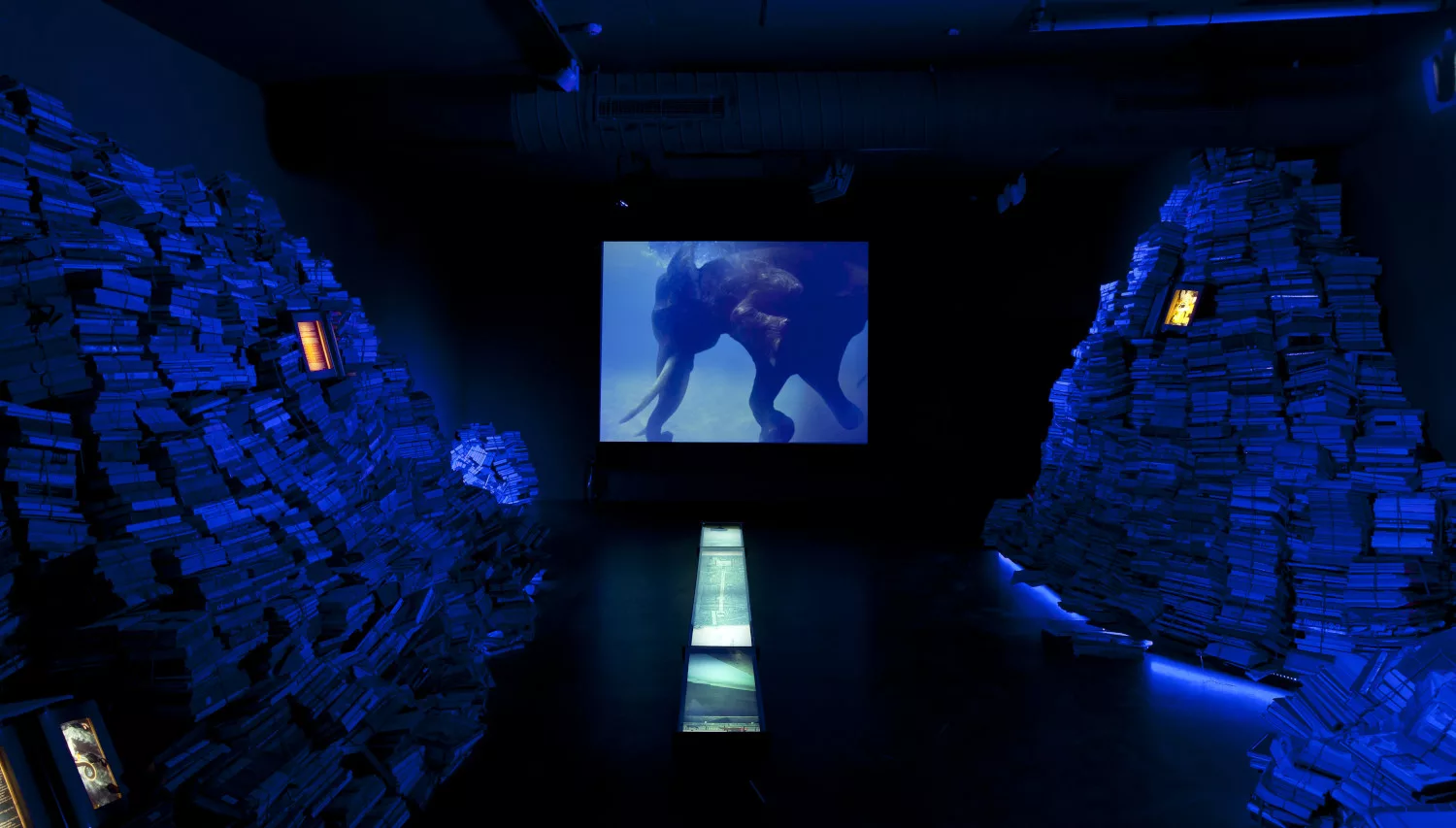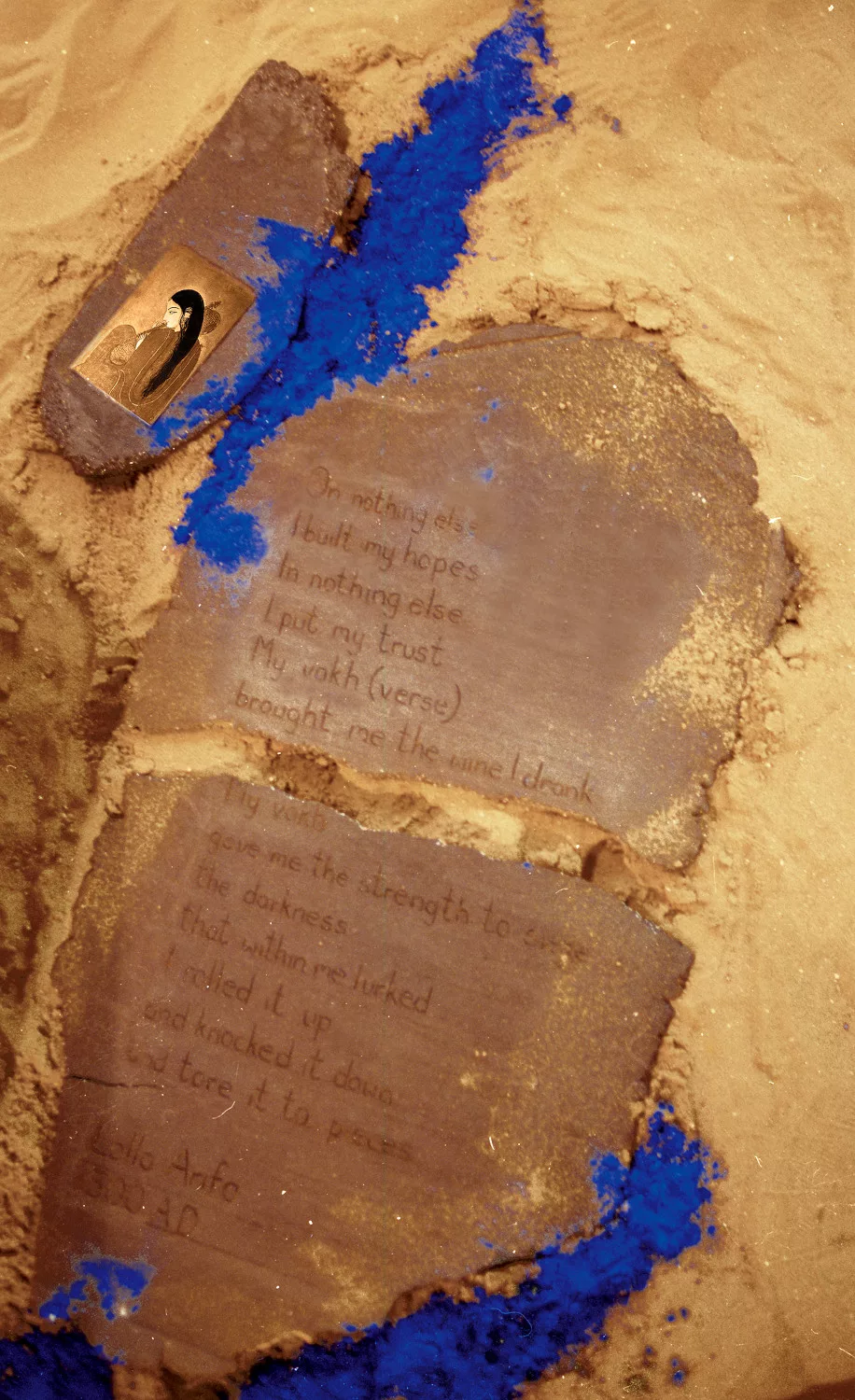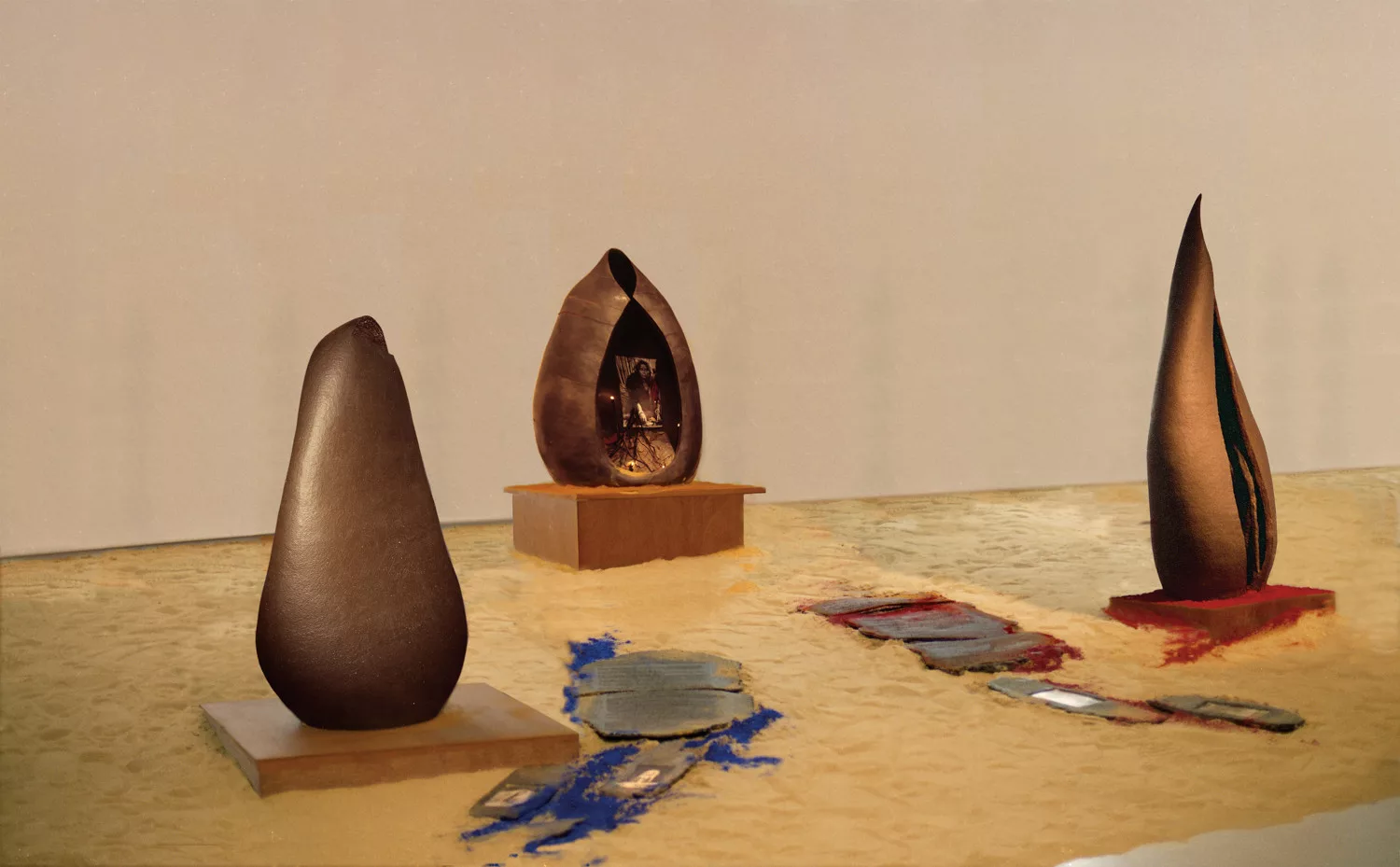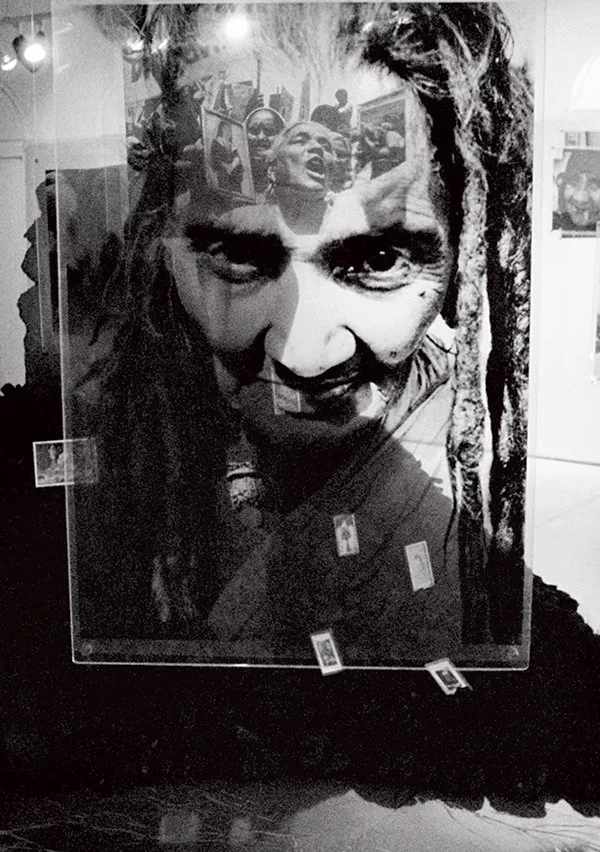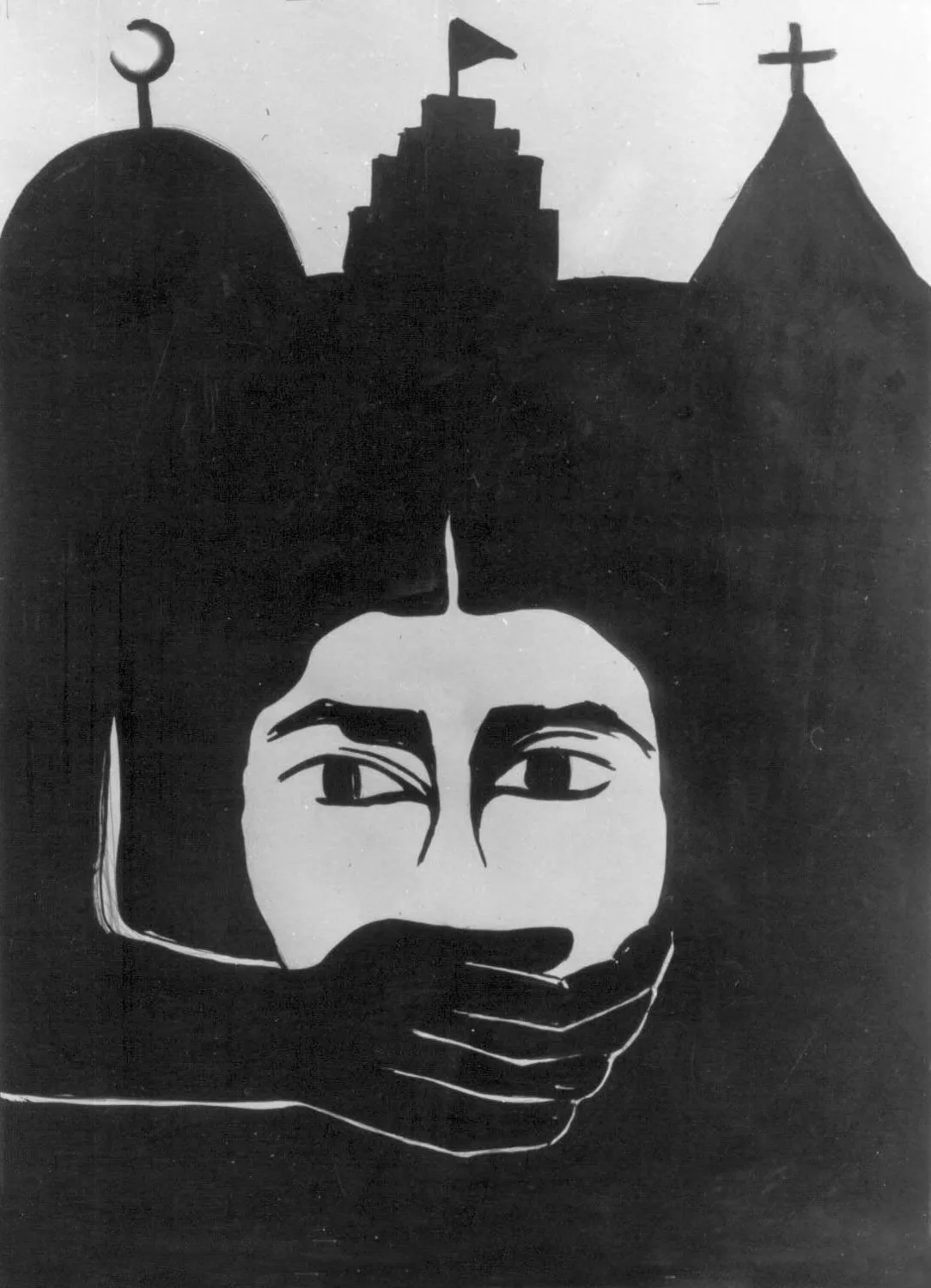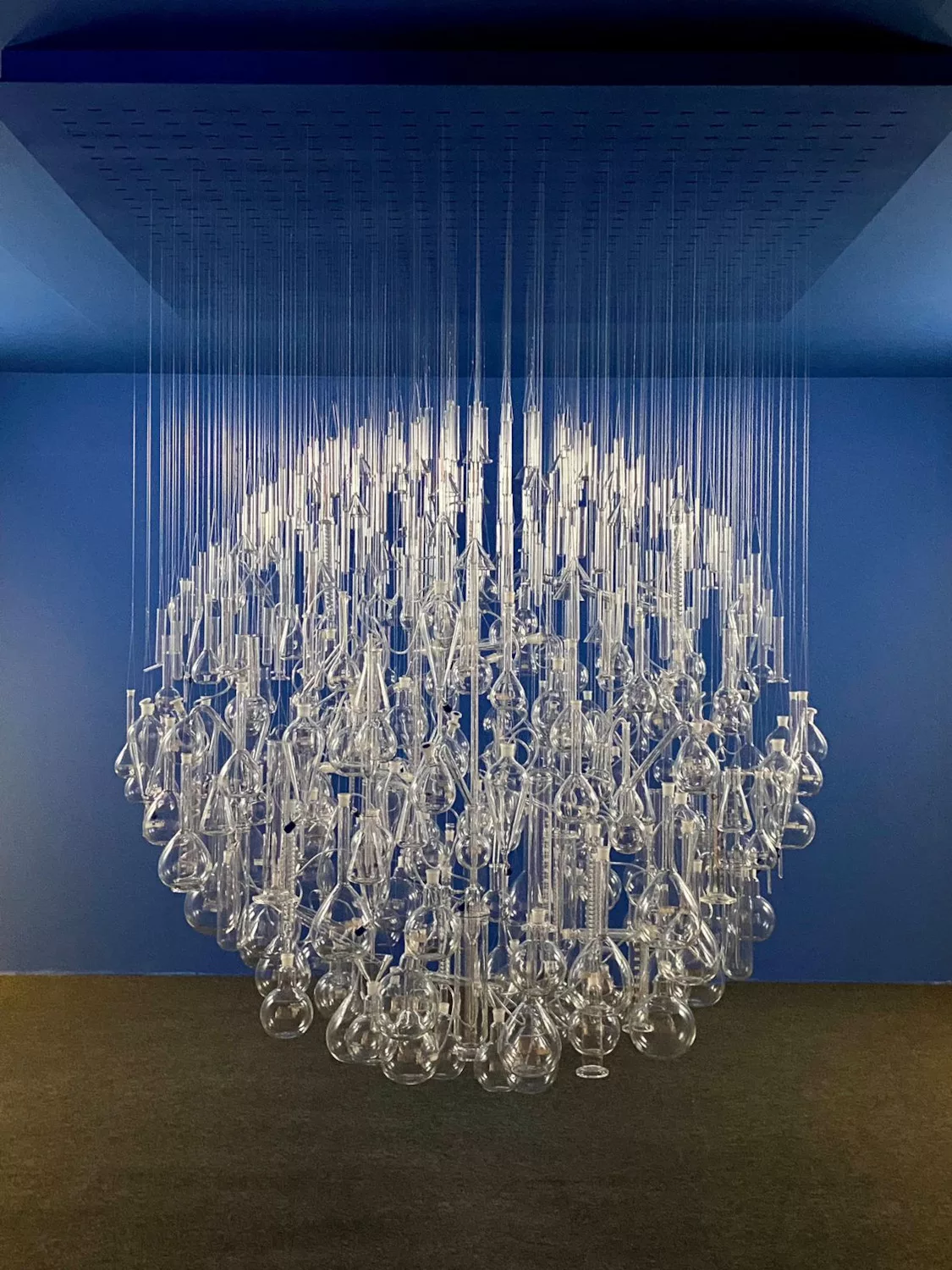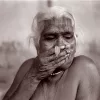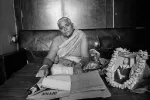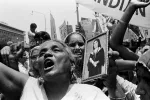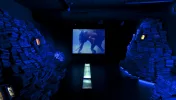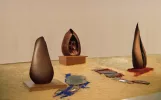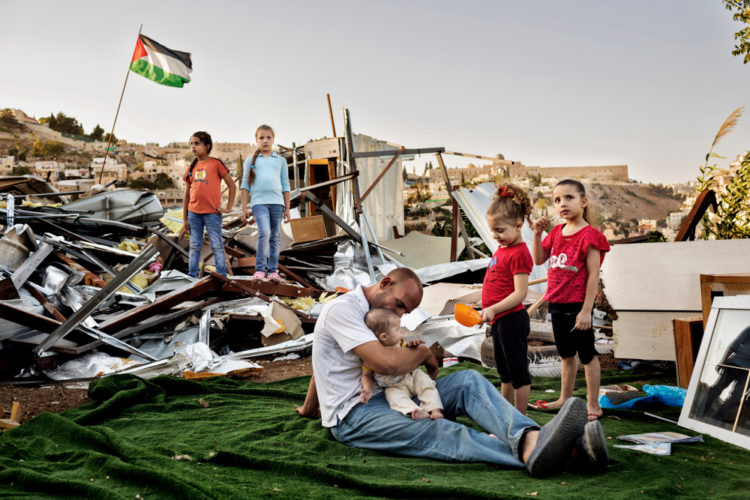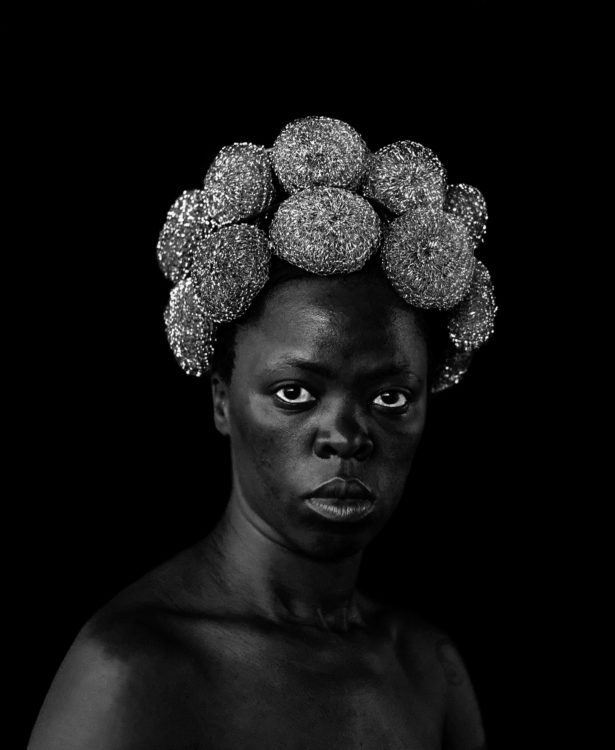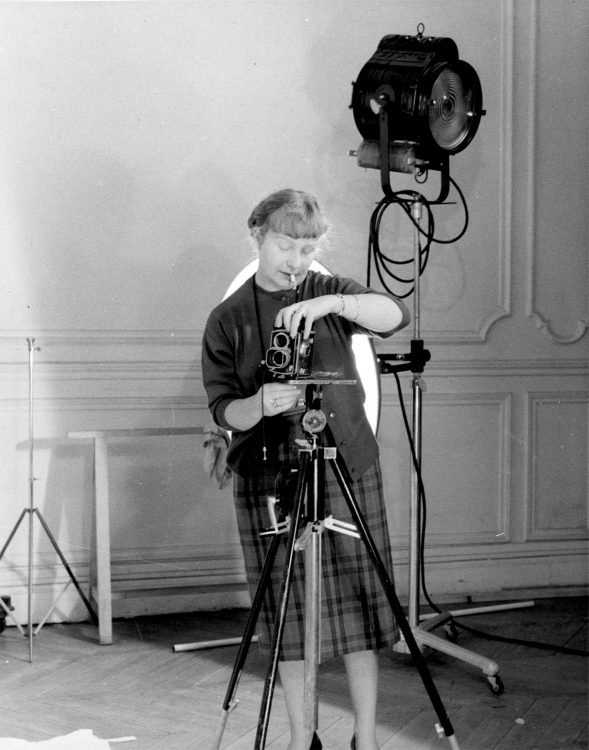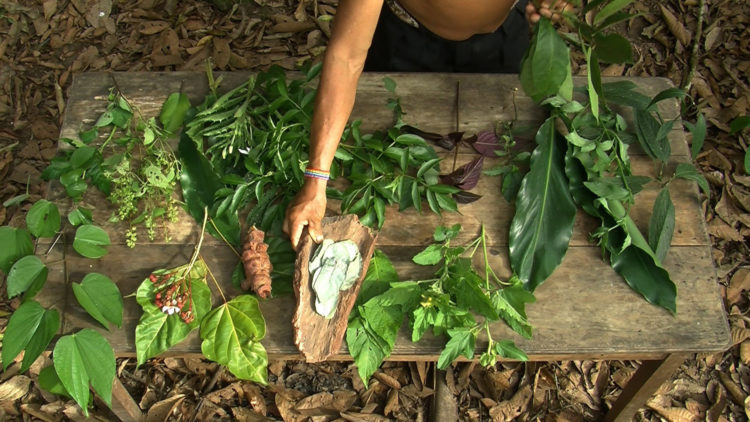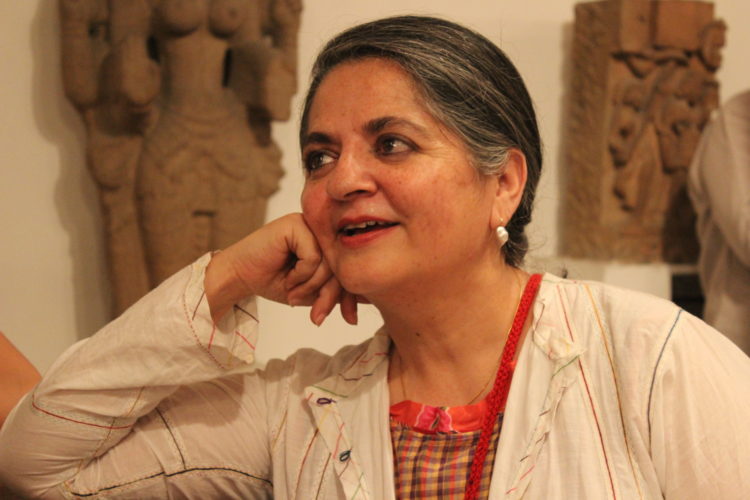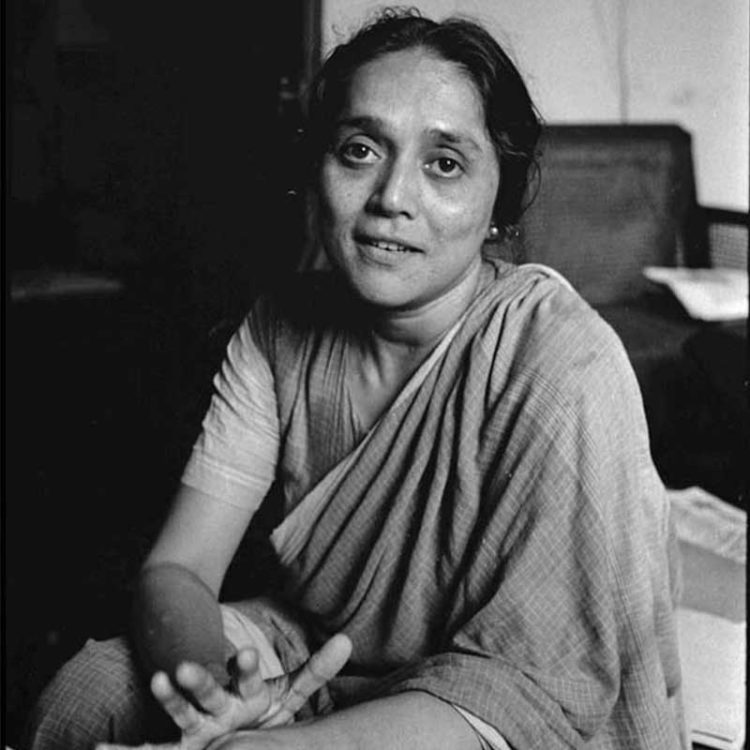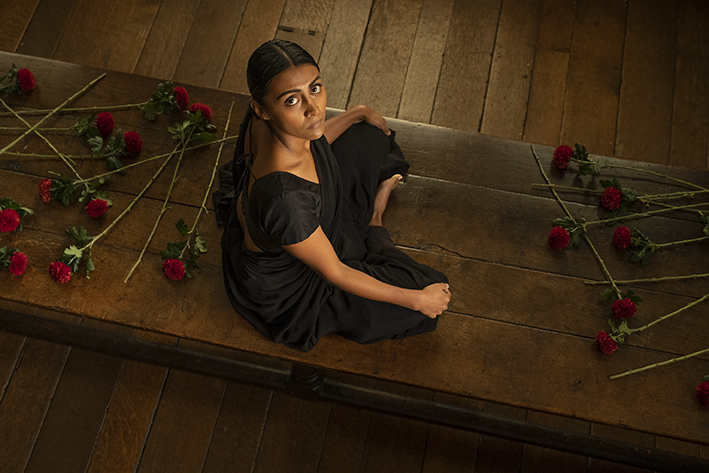Sheba Chhachhi
Powers, Sophia, Rahaab Allana and Singh Johal, Rattanamol, In Focus: Seven Lives and a Dream, in Tate Research, July, 2021
→Sangari, Kumkum (ed.), Arc Silt Dive: The Works of Sheba Chhachhi, Mumbai / New Delhi, Tulika Books in association with Volte Gallery, 2016
→Nagy, Peter (ed.), Women of the cloth: Photographic Conversations, Sheba Chhachhi, New Delhi, Nature Morte, 2007
In Our Own Backyard, Asia Art Archive, Hong Kong, 20 March–30 August, 2025
→Temporal Twists: A Subversive Metalogue, Volte Art Gallery, Dubai, 1 February–31 March, 2023
→Ganga’s Daughters: Meetings with Women Ascetics, 1992-2002; Neelkanth (Blue Throat): Poison/Nectar; and When the Gun is Raised, Dialogue Stops: Women’s Voices from the Kashmir Valley (with Sonia Jabbar), Townsend Center for the Humanities, UC Berkeley, Berkeley, February, 2005
Indian multidisciplinary artist.
Sheba Chhachhi’s work traverses media, ranging from immersive installations to photography, text and video. Her educational background is equally wide-ranging, starting as a student of Economics at Delhi University (1977), going on to earn a diploma in Social Communication at Chitrabani (1978) in Calcutta and then to the National Institute of Design in Ahmedabad to study visual communication and graphic design (1979). Her active involvement in the women’s movement in India in the early 1980s catalysed consistent engagements with the ‘documentary image’ and questions around the ethics of photographic representation.
Her early photographs include a series on Subadhra (1979), a female ascetic in Ahmedabad, presaging a long-term photographic exploration of women renunciates. S. Chhachhi developed a deeply feminist and activist practice, making images on the frontlines of anti-dowry protests and at performances of awareness-raising street plays like Om Swaha (1980–1991). With ‘Lifetools’, a social design studio cofounded in 1980 with Jogi Panghaal (1954–), she collaboratively designed posters carried by activists protesting against deeply rooted patriarchal oppression, demanding justice for those affected by gender-based violence. She was also a founding member and key participant in the work of organisations like Jagori and Saheli throughout the 1980s.
The ethics of image making has been a significant site of inquiry for S. Chhachhi. Dissatisfied with the illusion of objective truth presented by both mainstream media and documentarians, she moved to staged portraiture, where subjective interpretation was made explicit. In Seven Lives and a Dream (1980–1991), a work now held in many major museum collections (Tate, MoMA and the Metropolitan Museum of Art), she revisited her own images from the women’s movement roughly a decade after they were made, inviting seven key protagonists within her archive to stage their own portraits (1991). These archival and staged portraits were organised into image clusters, each corresponding to one woman, thereby producing a complex representation of the many facets of each subject.
S. Chhachhi has been a pioneer of installation art in South Asia. In Wild Mothers I: The Wound is the Eye (1993) and Wild Mothers II: The Mirror is the Witness (1994), she built layers with hand-built terracotta sculptures, photographic and archival images and texts, encouraging viewers to navigate multiple narratives and histories in an embodied manner.
S. Chhachhi’s oeuvre is also deeply concerned with ecology, urbanism and pre-modern knowledge systems. In the public art festival, 48 Degrees Celsius, Public. Art. Ecology, her installation The Water Diviner (2008) was staged in the disused swimming pool of the colonial era Delhi Public Library Building. Drawing on the practice of dowsing, she created an immersive environment with old books, lightboxes and video projections that invoke mythologies and memories of water in this riverine capital city in the throes of ecological crisis.
S. Chhachhi was the recipient of the Juror’s Prize for contemporary art in Asia from the Singapore Art Museum in 2011 and in 2017 the Thun Prize for Art and Ethics from the Kunstmuseum Thun, Switzerland. She lives and works in New Delhi, India.



